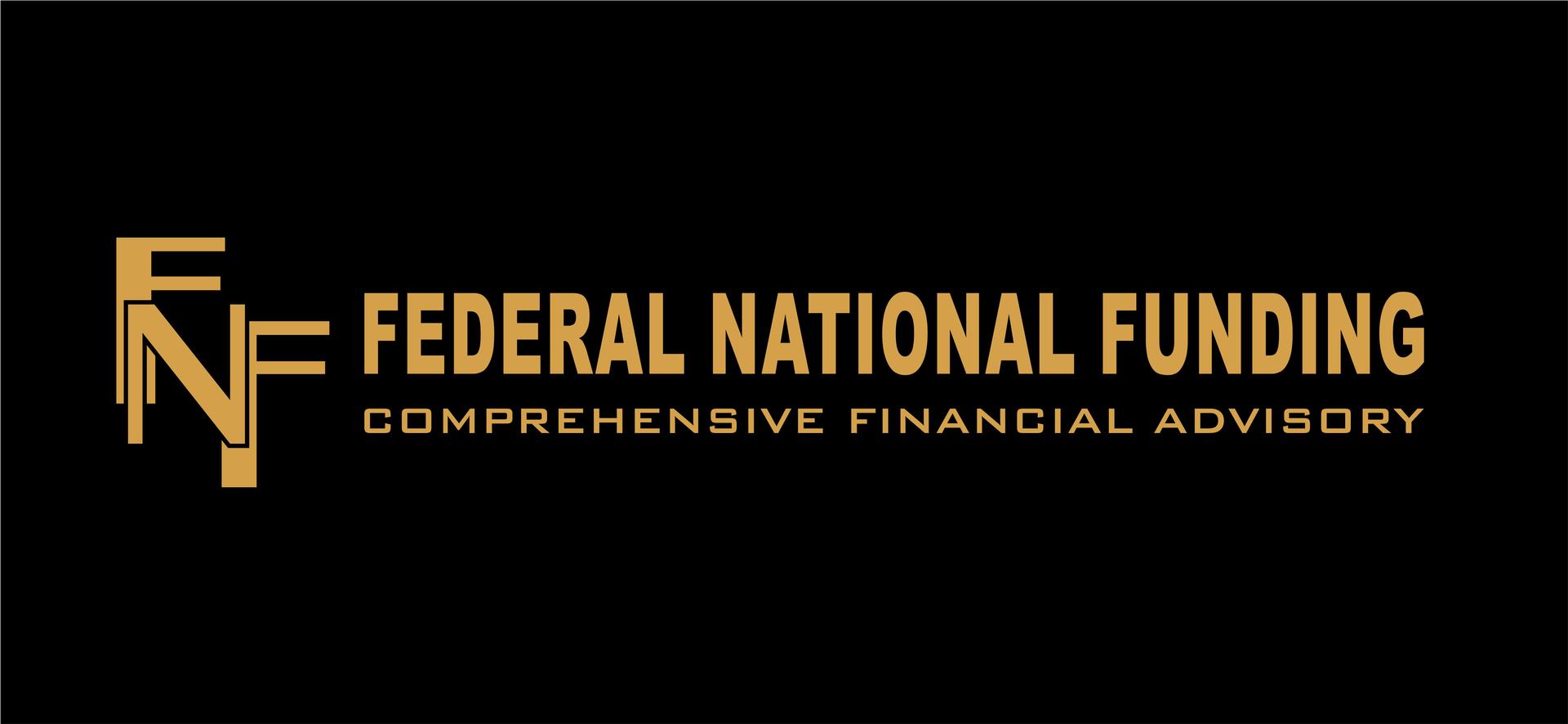Medicaid
What is Medicaid?
Medicaid is a combined federal and state program that can help pay for medical care for some people with limited income or resources. Medicaid is often confused with Medicare, which is a federal insurance program paid out of Social Security deductions. Medicaid provides benefits not covered by Medicare, such as nursing home care and personal care services.
All Medicaid programs are run at the state level by the designated health department. While every state's program must comply with federal regulations, it is not actually controlled by the federal government. Some information about Medicaid is true in every state. In New Jersey, for example, Medicaid cover certain services that other states do not, while other states may cover services that New Jersey does not. The price of Medicaid may vary as well. Certain Medicaid insurance holders will pay some money in the forms of a monthly premium or a medical co-pay.
Planning for Medicaid is more important than ever before. According to the U.S. Department of Health and Human Services, more than 70% of Americans over the age of 65 will need long-term care at some point in their lives. Nursing homes can cost anywhere from $7,000–$12,000 a month, and costs are rising. Most people will run out of money before they die and have nothing to leave to their families. With proper Medicaid planning, however, you will be able to offset the high cost of care and preserve some of your assets.
Medicaid Long-Term
As seniors enter long-term care, their cost of living rapidly increases. Depending on the state, nursing homes can charge as much as $7,000-$12,000 a month. Someone who needs 5-10 years of long-term care may easily outlive their retirement savings. Medicaid Long-Term Care Services in Nursing Facilities (also known as Medicaid Long-Term Care) is designed specifically to help people in this situation.
Medicaid Spend Down
One of the well-known Medicaid requirements is the Medicaid “spend down.” The government will examine all of your assets. There are some assets, like a home, car and pre-paid funeral expenses that are considered protected assets. There is also an “Individual Countable Resource Allowance” (ICRA), which is what the government will let you keep. This amount is usually around $2000. Anything not protected and over the ICRA must be spent down. There are rules about how the money can be spent; for example, the government permits spending on home improvements or funeral plans, but does not allow money to be given away to other family members.
Estate Recovery
Without planning, Medicaid forces most people to spend as much as they have toward long-term care costs. Medicaid pays for care, after the senior has only $2,000 in assets remaining. Medicaid allows an asset exemption of a home, but states will often use the Attorney General's Office to recover the amount spent on care from the home after death.
This means that if Medicaid spent $100,000 for your care, and after your death your home sold for $150,000, the Attorney General's Office would recover $100,000 from the sale of the home and leave the estate with $50,000.
Personal Needs Allowance
In many states, dental care, vision and haircuts are not covered by Medicaid. In fact, Medicaid will give the senior a paltry $45 a month as a Personal Needs Allowance.
Medicaid Planning Strategies
People who plan early can take advantage of several Medicaid planning strategies and are often able to keep most of their assets, avoid the spend down and still meet the Medicaid qualifications standards set by the states. By protecting assets with medicare advantage plans from Medicaid early on, you will have money set aside to medicare supplement the $45 a month personal needs allowance and pay for things like dental work, vision and a private room.
Request Pre-approval
